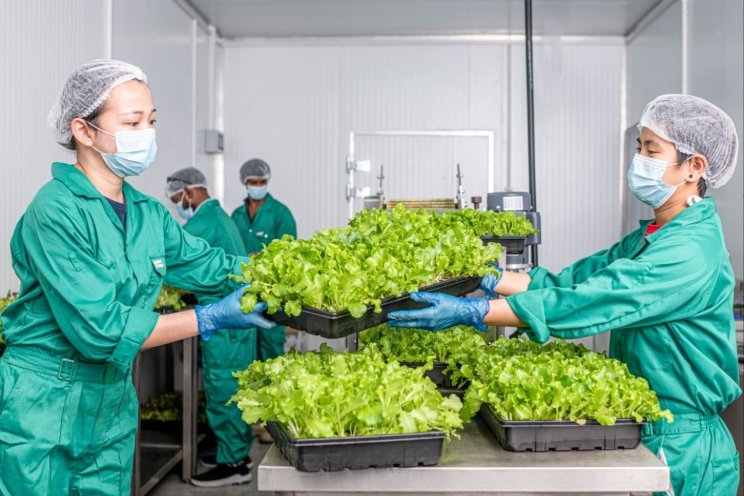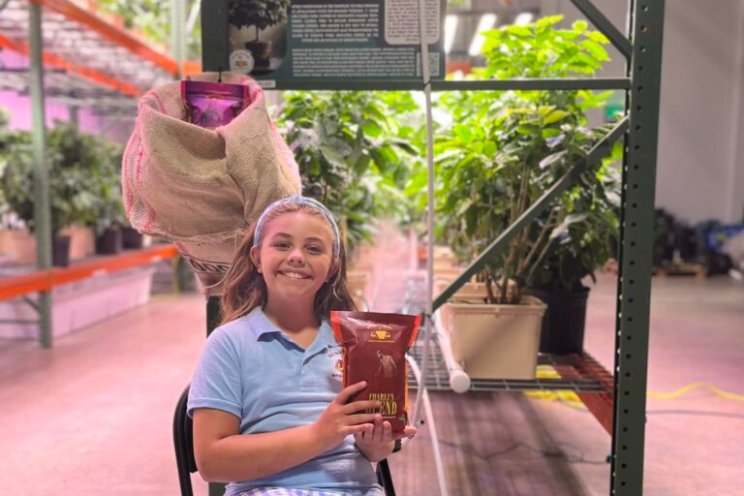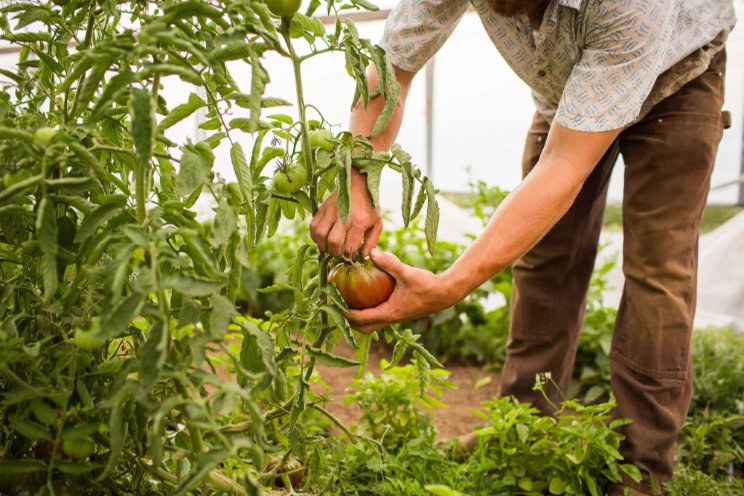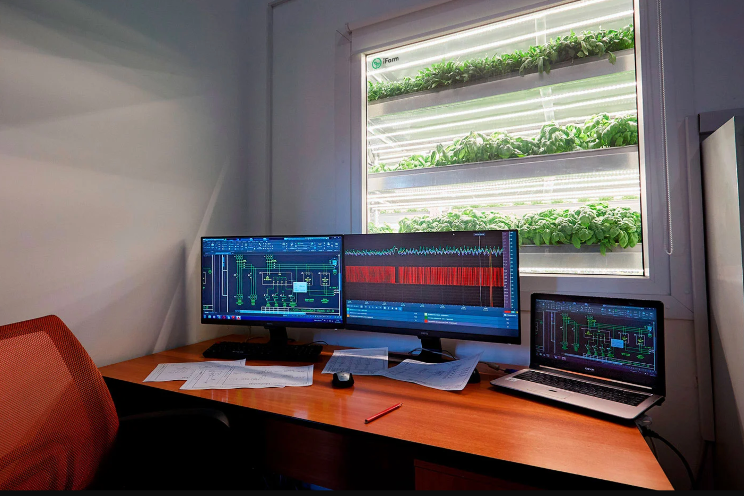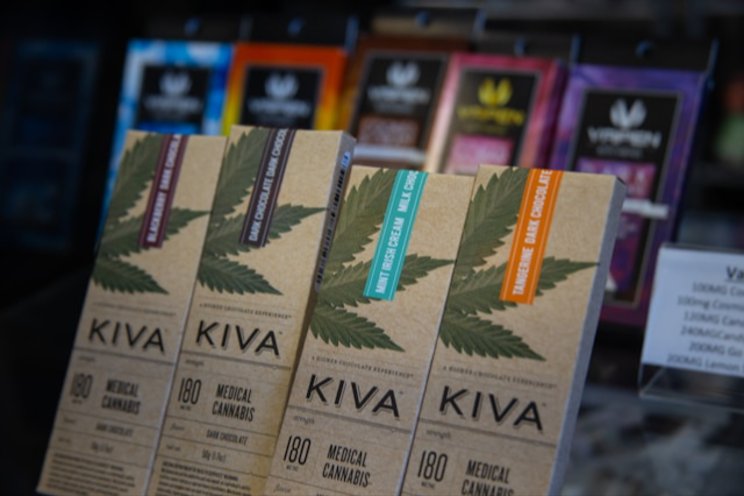What news from 3 top vertical farm players means for 2022
Added on 11 January 2022

"[The COVID-19 pandemic] really highlighted the need for food sovereignty," said Sanjeev Krishnan, managing director and chief investment officer at S2G ventures, a food and agriculture venture fund. "Figuring out import substitution and establishing the ability to create your own climate, as opposed to relying on outdoor climates for food production."
As the pandemic moved even more consumerism into the e-commerce realm, Krishnan calls the United States "over-retailed" and sees tremendous opportunity for unused retail real estate to be taken over by vertical farms for food production.
Many important players in the vertical farming spaces had big plans for 2021. But there have also been real setbacks for the vertical farming world over the past 12 months, which could indicate that investors, entrepreneurs and consumers are getting disillusioned after a few years of intense hype around the sector.
With both these forces in mind, here's a recap of the biggest 2021 news from top vertical farming companies and what that could mean for the industry going forward.
AeroFarms
The splashiest news of the year in the vertical farming world was the announcement and then subsequent withdrawal of an initial public offering from AeroFarms. In March, the company announced it was planning a merger with a blank-check firm to go public. Just a few months later in October, the deal had been called off.
Does backing away from an IPO have implications for the vertical farming sector as a whole or is this just the business machinations of a single firm? Krishnan believes the flip-flop is less of an indication about the business or the sector and more a consequence of too many early-stage companies trying to use special purpose acquisition companies (SPACs) to raise a large influx of financing from the public markets.
"Historically you had to be $100 million in revenue or higher to go public," he said. "SPACs open the door for public investors to get access to venture capital stage companies. Now we'll find out what is the right size of a company, in terms of revenue, before coming to the market."
AeroFarms had a year of intense growth in 2021, including rebranding its producing line to align with its company name, building new farming facilities in Danville, Virginia, and engineering a Midwest expansion into St. Louis. The company also partnered with Cargill to research how cocoa production could be done in a controlled environment.
AppHarvest
Unlike AeroFarms, AppHarvest was able to get its IPO across the finish line this year. In February, the Kentucky-based company began trading under APPH (also through a SPAC-type merger) with its stock registering a 44 percent increase on the debut to an all-time high of $38.70.
But the stock has fallen to around $5 after a couple of quarters of recorded losses. In November, AppHarvest announced a net loss of $32 million just in the second quarter of its fiscal year. And between July and September, it recorded a net loss of $17.3 million.
On a more positive note, it's still on track to finish nine more indoor farms by the end of 2025. And in June, AppHarvest completed a deal with Rabo Agrifinance, an agtech company, to fund more investment into high-tech indoor farming.
Figuring out import substitution and establishing the ability to create your own climate, as opposed to relying on outdoor climates for food production.
"IPOs are seen as liquidity events, but SPACs were always positioned as financing events," Krishnan said. "You get a cheaper cost of capital, but a lot more volatility in your stock. And so I think that's what we're seeing playing out. I don't think it has anything to do with any one sector. The electric vehicle space will have this, the energy storage space will have this. A lot of green industries are going to go through whiplash in terms of the stock price."
Click here to read more.
Photo created by fanjianhua - www.freepik.com
Source: GreenBIZ
More news

